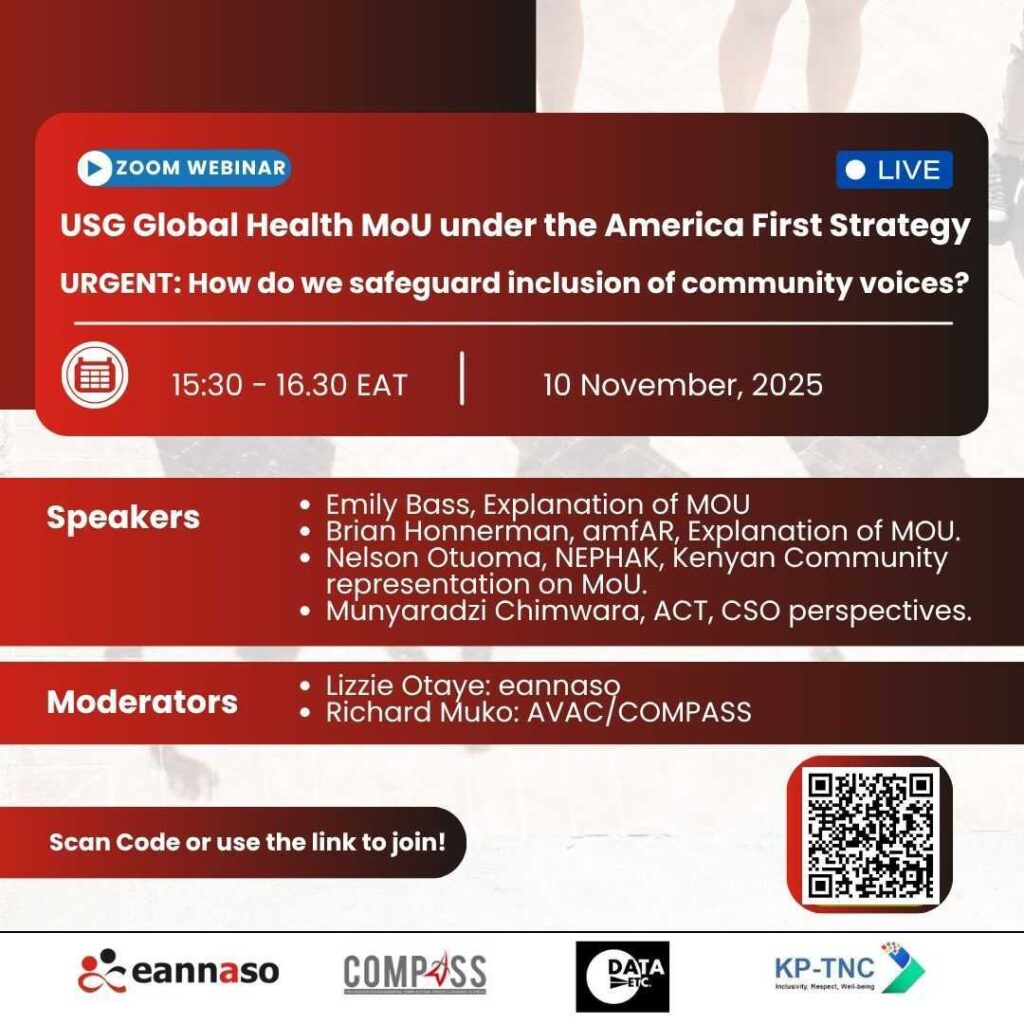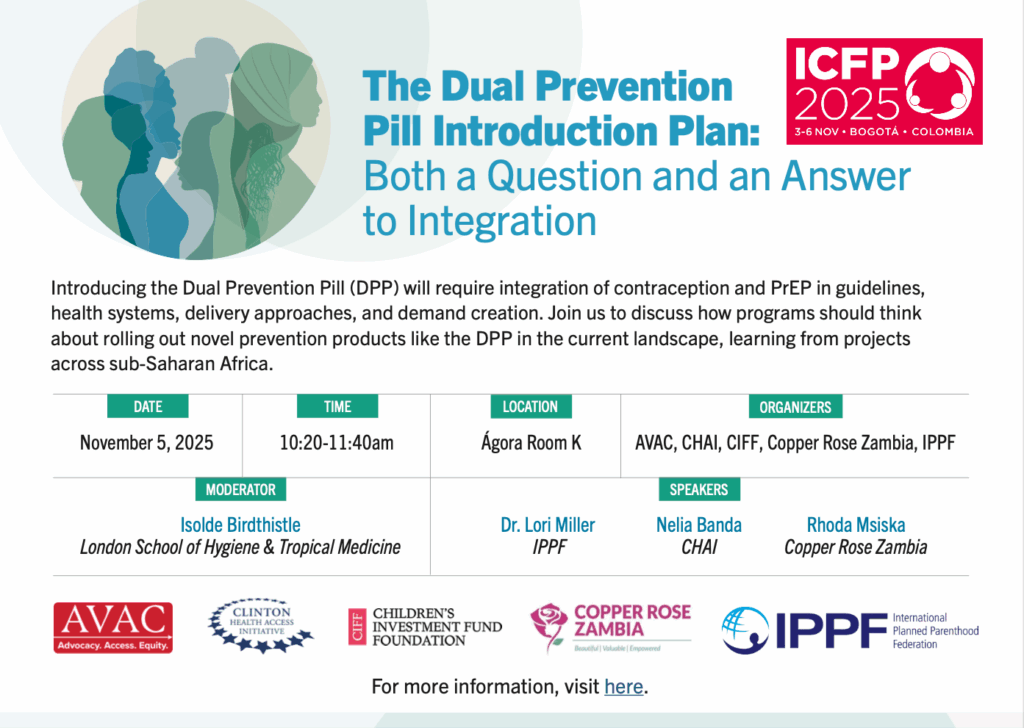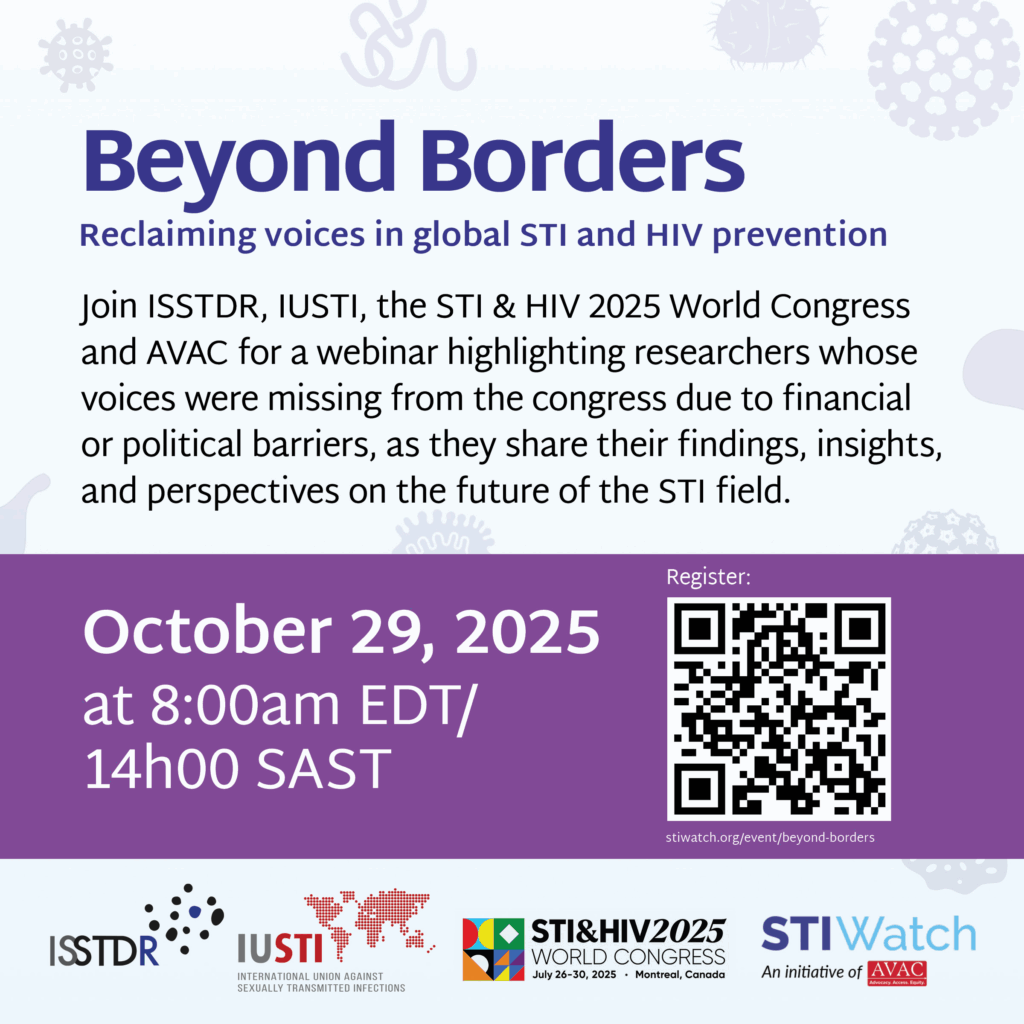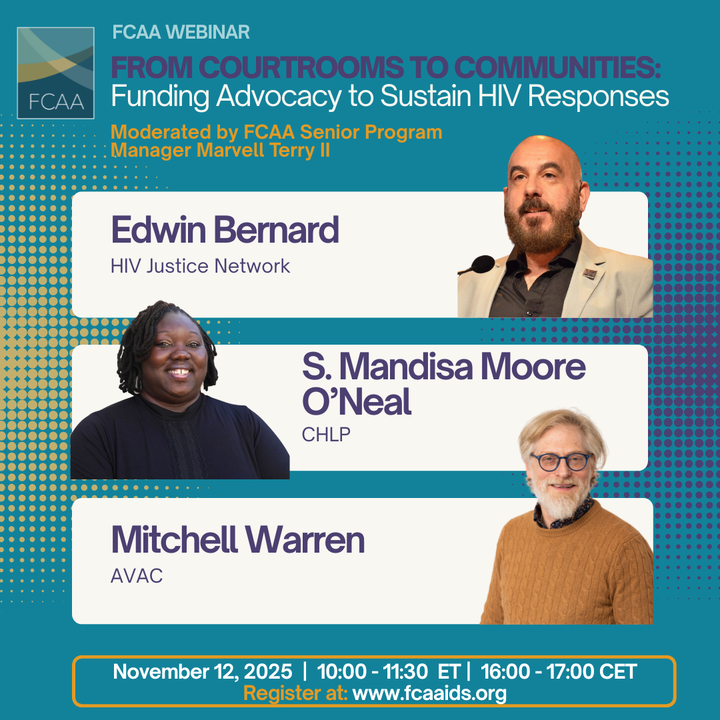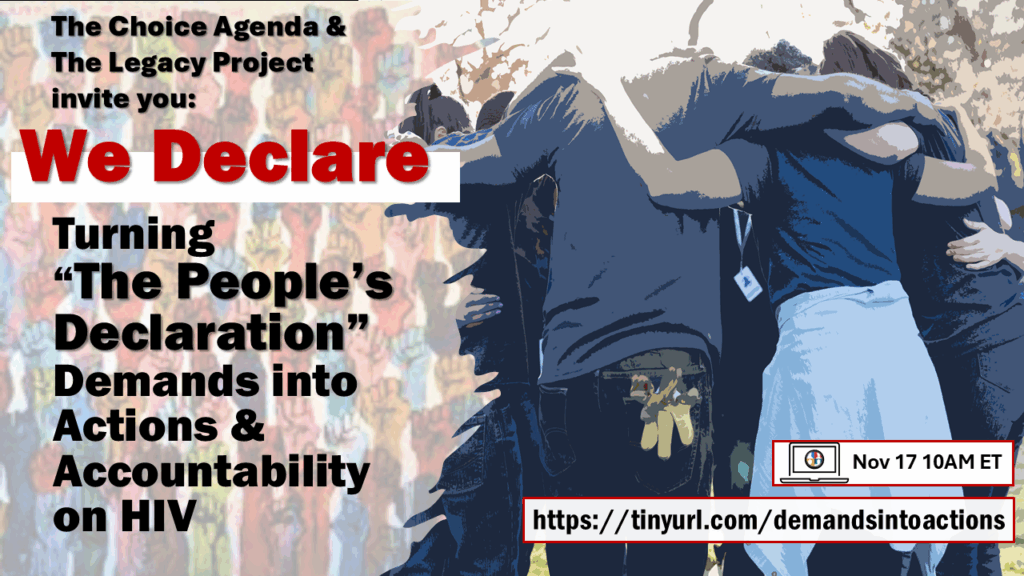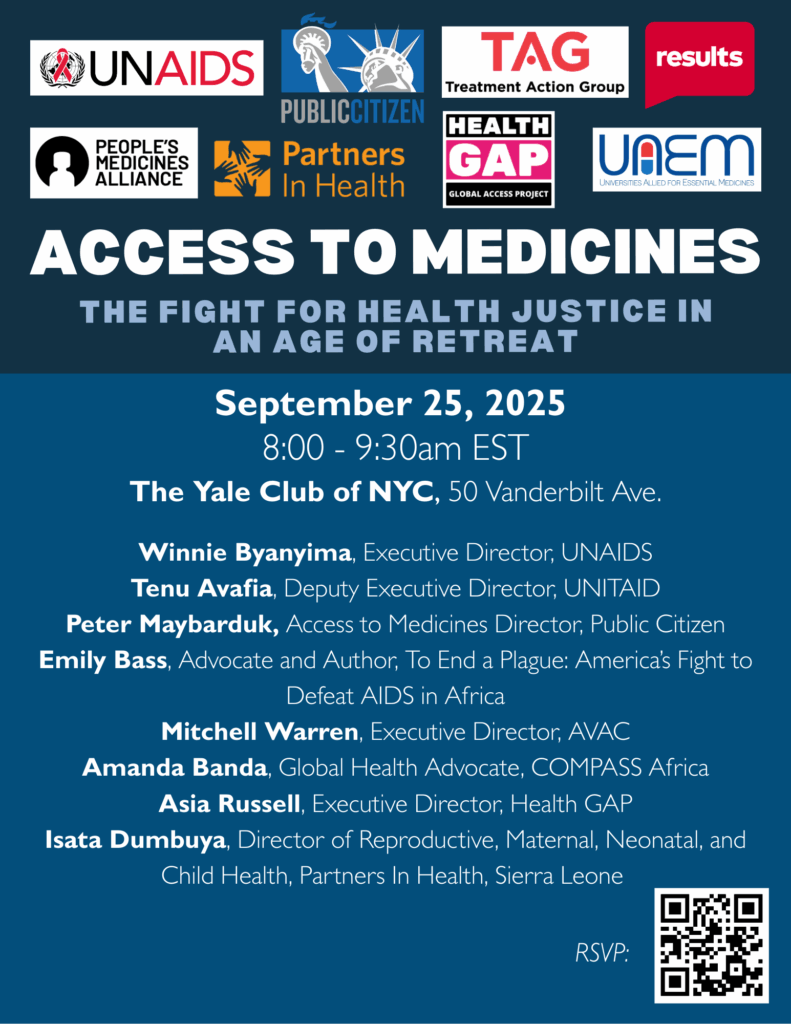We invite you to an urgent and critical webinar focused on the new Memoranda of Understanding (MoUs) governing US Government (USG) global health investments, including PEPFAR, under the “America First Strategy.” These MoUs are currently under rapid discussion with African Governments.
Organized by COMPASS in collaboration with EANNASO and Data ETC, this webinar is designed to equip African Civil Society Organizations (CSOs) with the necessary analysis and advocacy strategies.
The goal is to enable CSOs to proactively influence the priorities for the upcoming five years of USG health investments, specifically concerning HIV, primary prevention, and the crucial role of community-led monitoring and delivery.
Featured Experts
- Emily Bass: The New MoU and its implications.
- Brian Honnermann (amfAR): The New MoU and its implications.
- Nelson Otuoma (NEPHAK-Kenya): Direct experience from national MoU participation.
- Munyaradzi Chimwara (ACT-Zimbabwe): Community safeguards for inclusion and accountability.
